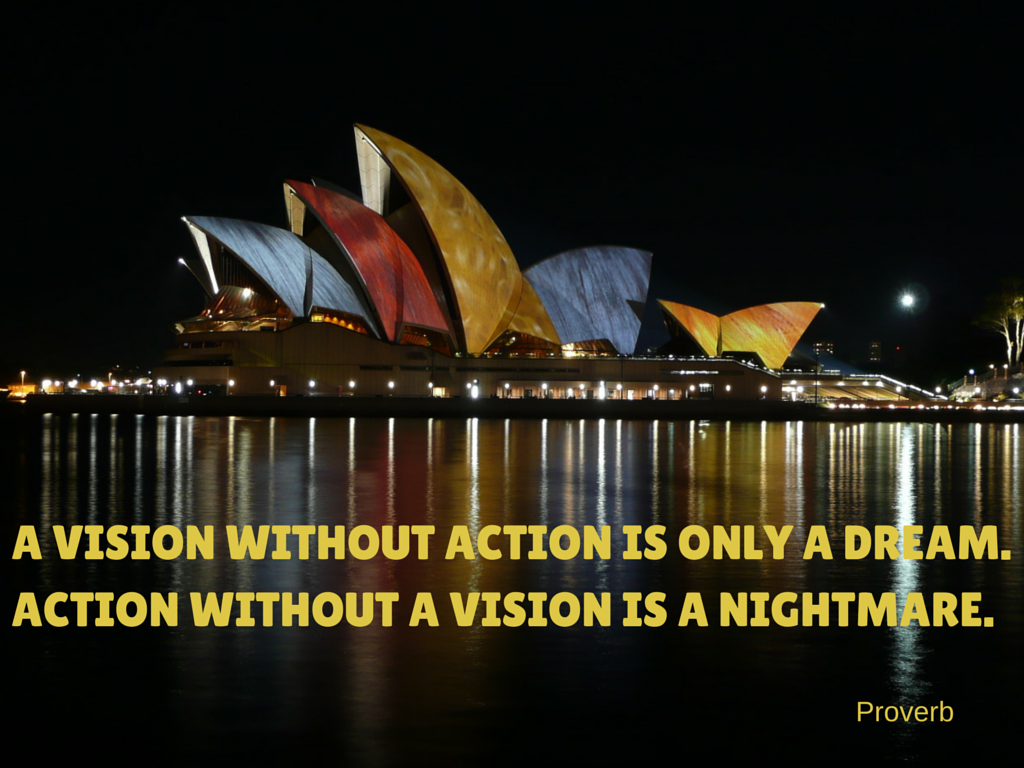In our daily routine we are unceasingly exposed to facts and events that can easily draw our attention away from tasks which are essential for being efficient and fully productive at work.
Effective scheduling can help us prioritizing and preventing unfruitful struggles to cope with the demands placed upon us.
Geoffrey Whiteway on Coaching Positive Performance lists eight tips that – if daily implemented – can help us scheduling:
- Plan the night before: making plan the night before, will ensure you less anxiety and better night sleep.
- Select 1 key task: identify the most important task for each day and get that task completed.
- Key task first: Life is unpredictable and if somethings happens that plays havoc with your plans, getting the most important task done first will increase the probability for your day to still be effective.
- Context based lists: If you have more than 20 tasks to be completed, make a list and put specific tasks under headings based on the situation you find yourself in, or the resources available to you at the time.
- No agenda, no meeting. Avoid meetings which do not have a clear agenda, as they tend to be just “talking shops”.
- Establish rituals. Routines allow you to get important, repeated tasks completed with maximum efficiency and minimum thought.
- Only time specific tasks go in your calendar. Tasks without a deadline risk being continuously put off.
- Projects vs. tasks A task is something which needs to get done but has not been done yet. A project is something which needs to be done, but has not been done yet and will take more one task to get done. There is real benefit in thinking this way and breaking each project down into tasks.
Image source: Flickr – photosteve101










Recent Comments